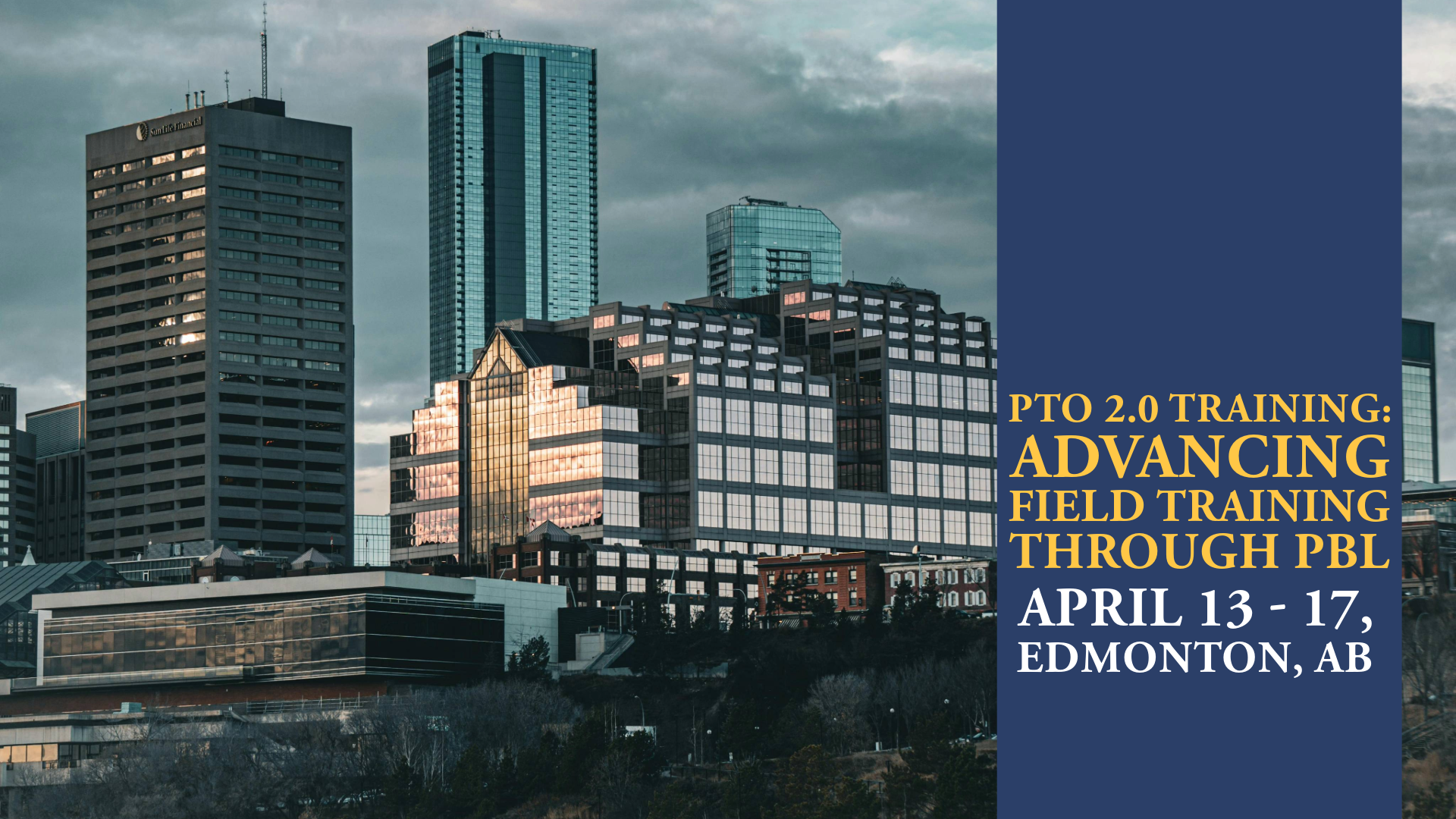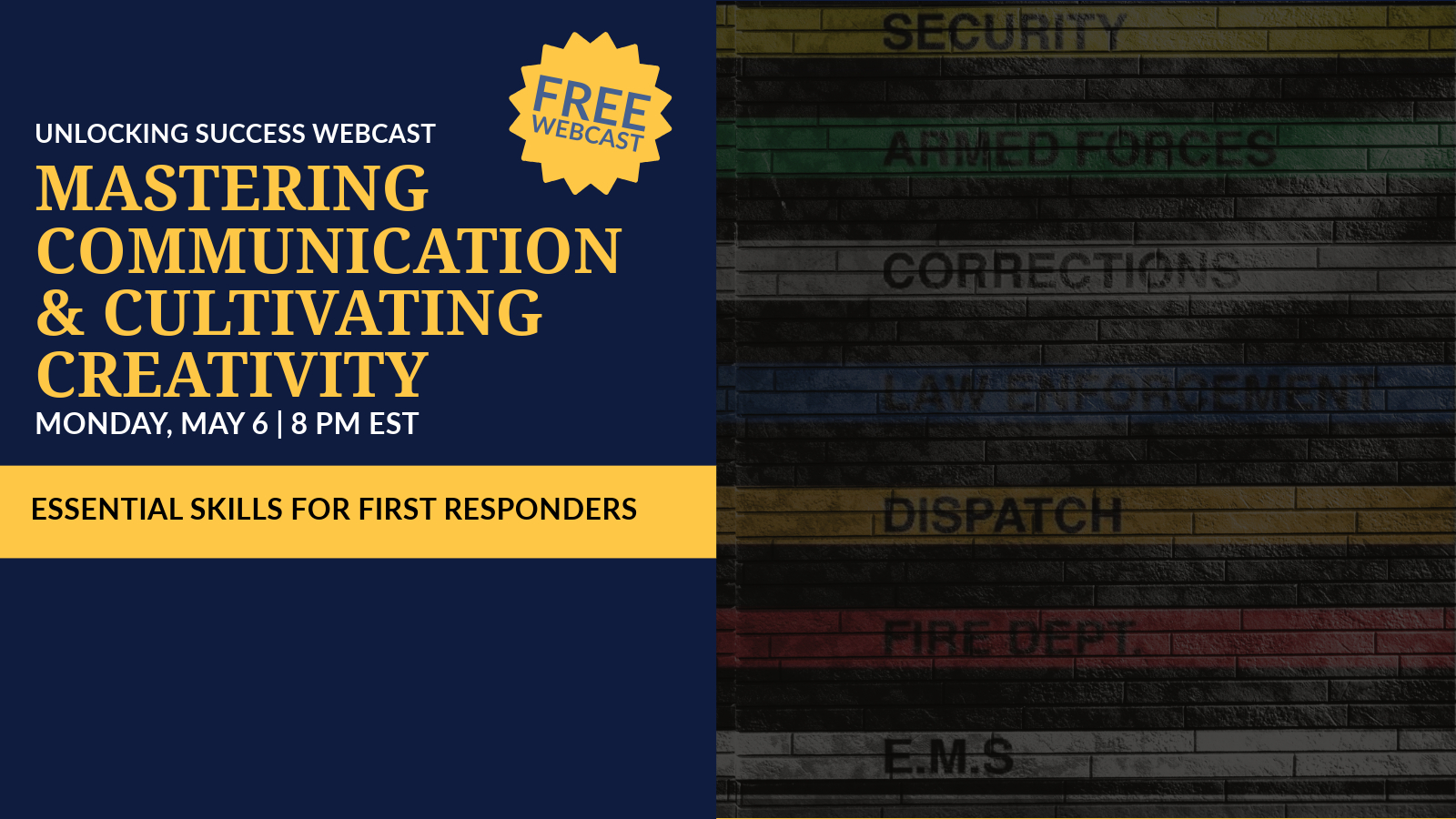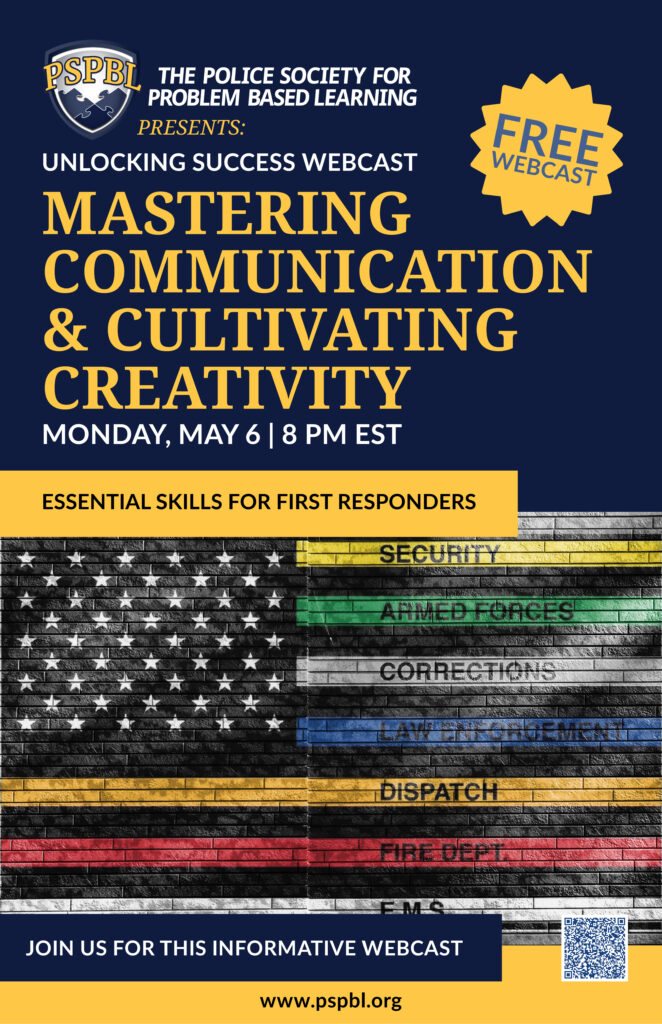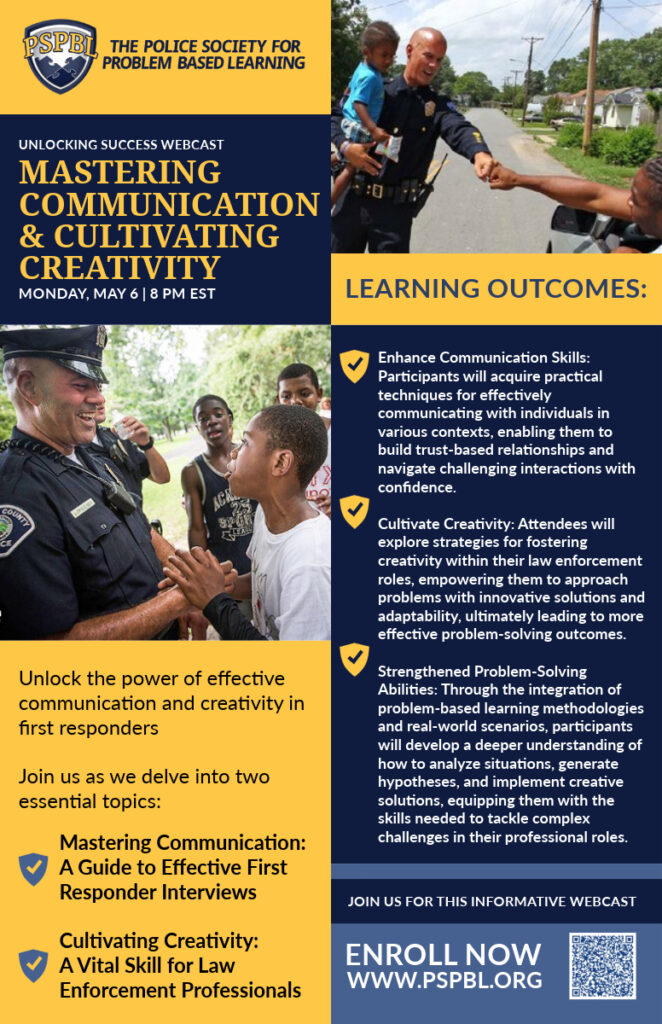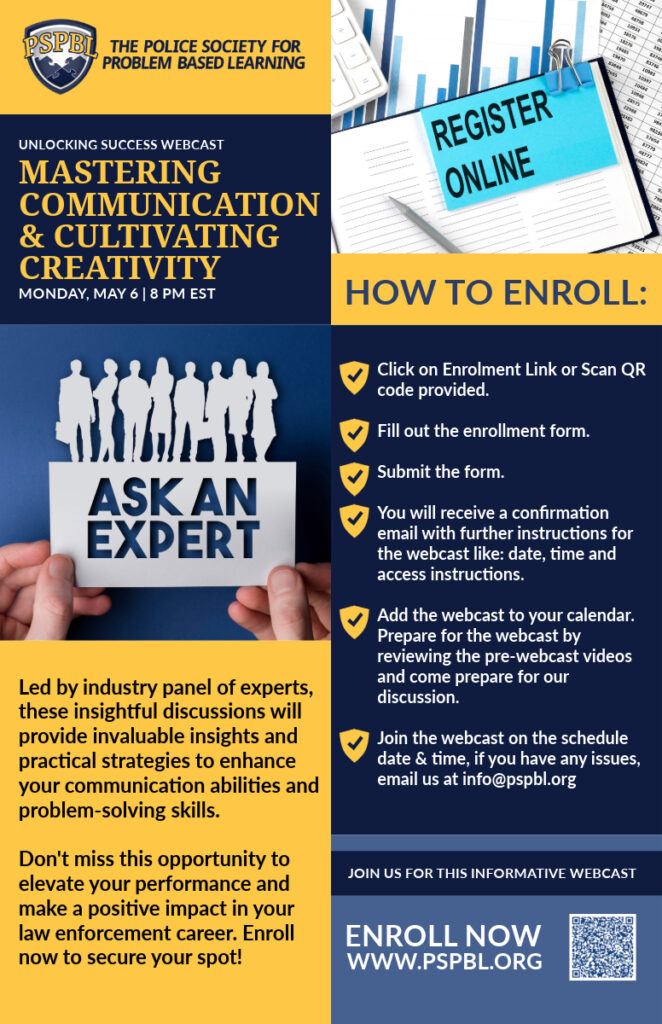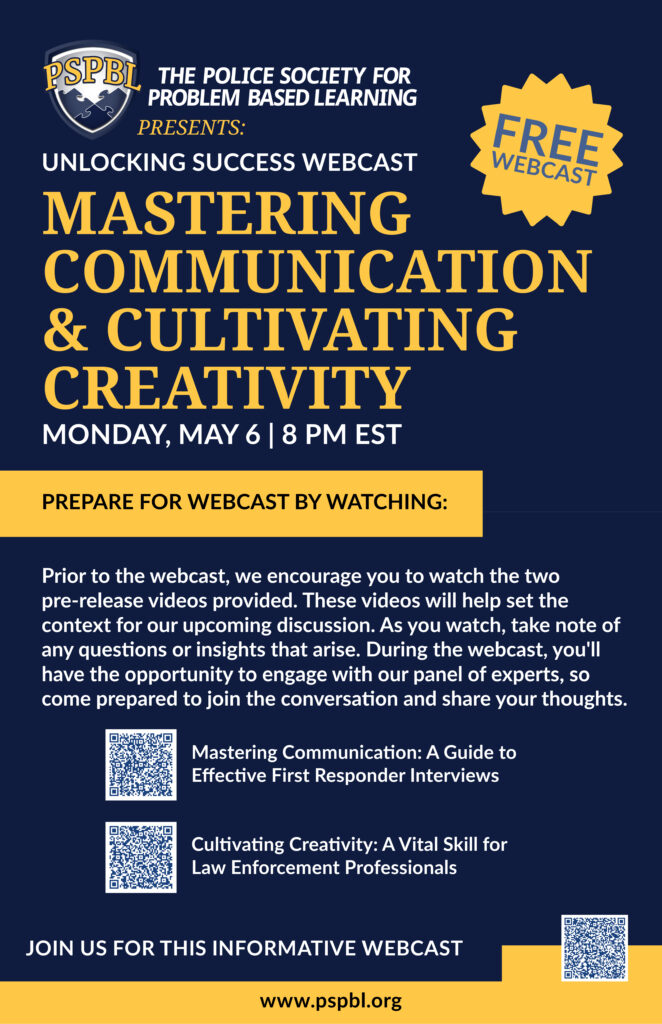Advancing Police Field Training: PTO 2.0 Comes to Edmonton
Advancing Police Field Training: PTO 2.0 Comes to Edmonton
📅 April 13 – 17, 2025
📍 Northwest Campus, Edmonton, AB
The future of police field training is here. The Police Training Officer (PTO) 2.0 program has been modernized and adapted to address the evolving needs of law enforcement, and we’re excited to bring this advanced training opportunity to Edmonton, Alberta this April.
Whether you’re a field training officer (FTO), police educator, or trainer, this course will equip you with cutting-edge techniques in problem-based learning (PBL)—enhancing critical thinking, adaptability, and decision-making in real-world policing.
Why PTO 2.0?
Traditional field training programs focus heavily on memorization and rigid processes, often lacking the flexibility needed for modern-day policing challenges. PTO 2.0 addresses these gaps by:
✅ Refining the Coaching & Training Reports (CTR) to reduce administrative burdens
✅ Incorporating PBL techniques to train officers in mental health crisis response
✅ Enhancing cultural competency training to improve community interactions
✅ Providing adaptable learning methods to develop critical decision-making skills in the fieldThis five-day immersive course is designed to help trainers, supervisors, and law enforcement educators build a more effective and forward-thinking training model.
What You’ll Learn:
🔹 Master the Problem-Based Learning (PBL) methodology for field training and officer development
🔹 Examine the Police Training Officer (PTO) model and how it enhances modern police education
🔹 Engage in interactive learning methods that strengthen on-the-job decision-making
🔹 Develop strategies for training officers in mental health and cultural competency
🔹 Improve training efficiency using modernized administrative tools
What You’ll Learn:
This training will be led by some of the top experts in police education and problem-based learning:
👨🏫 Gerard Cleveland – Co-founder of PSPBL, police training consultant, legal educator
🎤 Malena Gonzalez – President of PSPBL & Co-facilitator
Course Details & Registration
📍 Location: Northwest Campus – 18440 127 Street NW, Edmonton, AB, T6V 0N3
📅 Dates: April 13 – 17, 2025
⏰ Time: 0800 – 1600 (To be confirmed)
💰 Cost: $1200 per person (Meals & accommodations not included)
📩 For inquiries and registration, contact:
Sgt. Olena Fedorovich – PTO Unit
📧 Olena.fedorovich@edmontonpolice.ca
🔗 Learn more & register today at: www.pspbl.org

